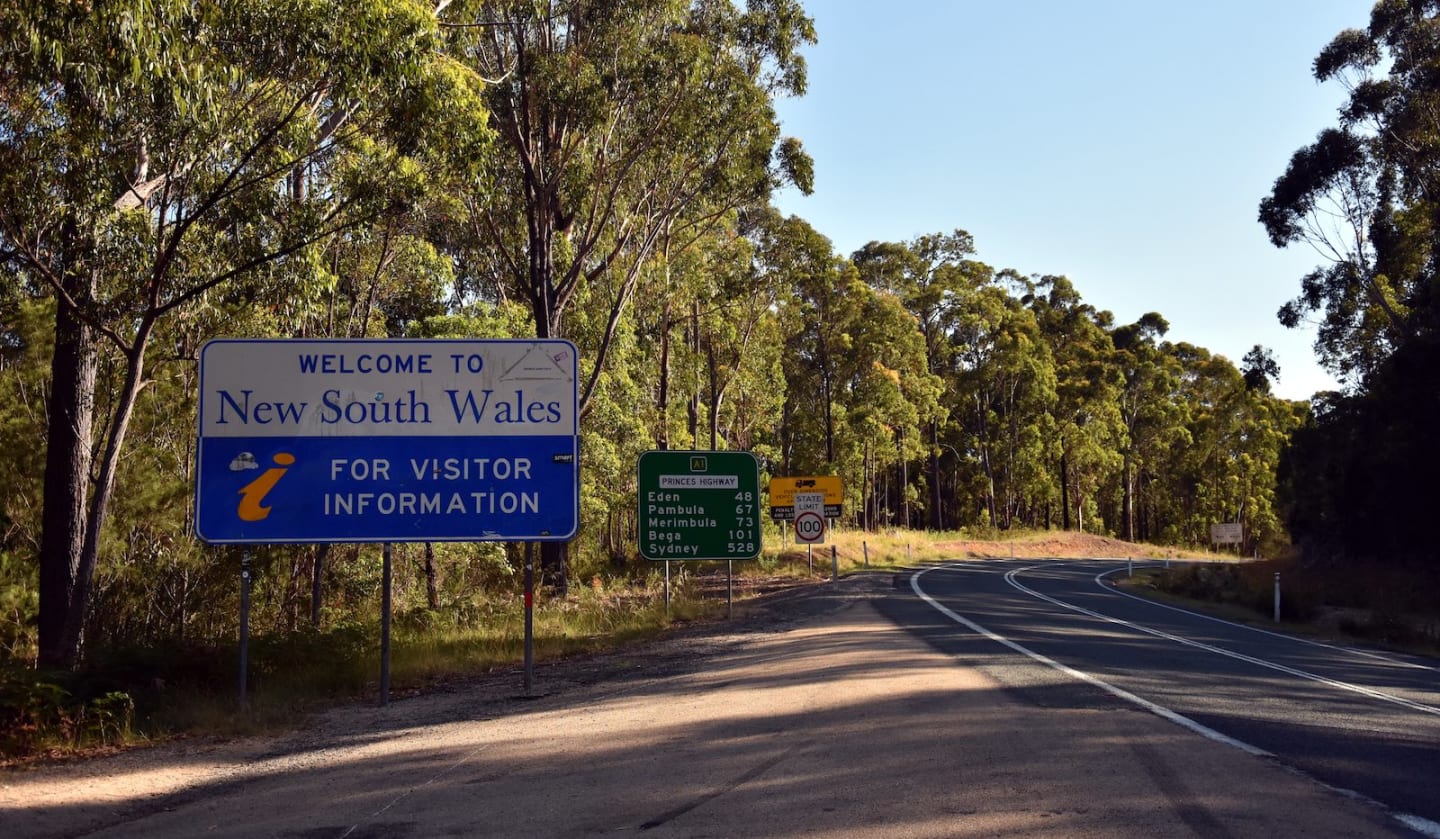NSW replaces Victoria as the most financially anxious state
The number of Australians who experienced some form of financial hardship rose slightly in Q4 to 32%, according to the latest NAB Insights. Younger Australians reported noticeably higher levels of hardship, it noted. While credit card debt is the most common form of debt held by Australians, it was found to cause the least anxiety. Around 1 in 3 Australians are in strong agreement that their finances control their lives. And 1 in 4 struggle to enjoy life because of the way they are managing money, according to the latest NAB Insights. The NAB Financial Anxiety Index, fell in Q4 2020 and is well down on the same time last year as Australians are feeling less worried about COVID-19 and less concerned about the economy. However, anxiety increased among younger people aged 18-29, driven by concerns over credit card repayments, the ability to raise emergency funds and pay monthly household bills. Anxiety was also higher for women across all drivers, compared to men and nationally, NSW residents were the most financially anxious, replacing Victorians. Despite financial anxiety falling, the number of Australians who experienced some form of financial hardship rose slightly in Q4 to 32% (up from a survey 30% in Q3), although still well down on a year ago, with hardship growing to 34% for women (31% in Q3) and to 30% for men (29% in Q3). The NAB Financial Anxiety Index is based on measured level of concern around 14 key metrics: Not being able to: meet the cost of medical bills/healthcare; make mortgage repayments, rent or other housing costs; meet minimum payments on your credit card; pay off personal loans; pay for your children’s education; for food and basic necessities; meet normal monthly household utility bills (e.g. electricity, gas, water, phone); meet other normal monthly household expenses (e.g. car, insurances, public transport, etc.); meet the cost of non-essential expenses (holidays, entertainment, eating out); raise $2,000 if an unexpected need arose within the next month; finance your retirement; provide for my family’s future; for major household items (e.g. furniture and appliances); and for home improvements & maintenance.
